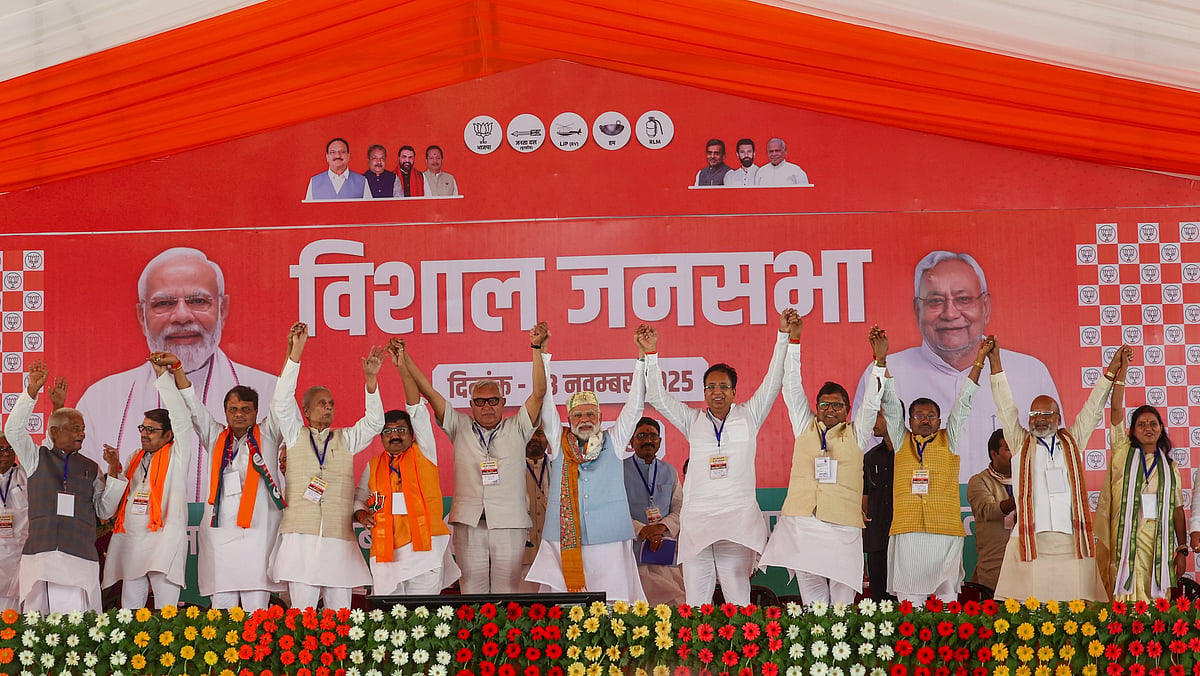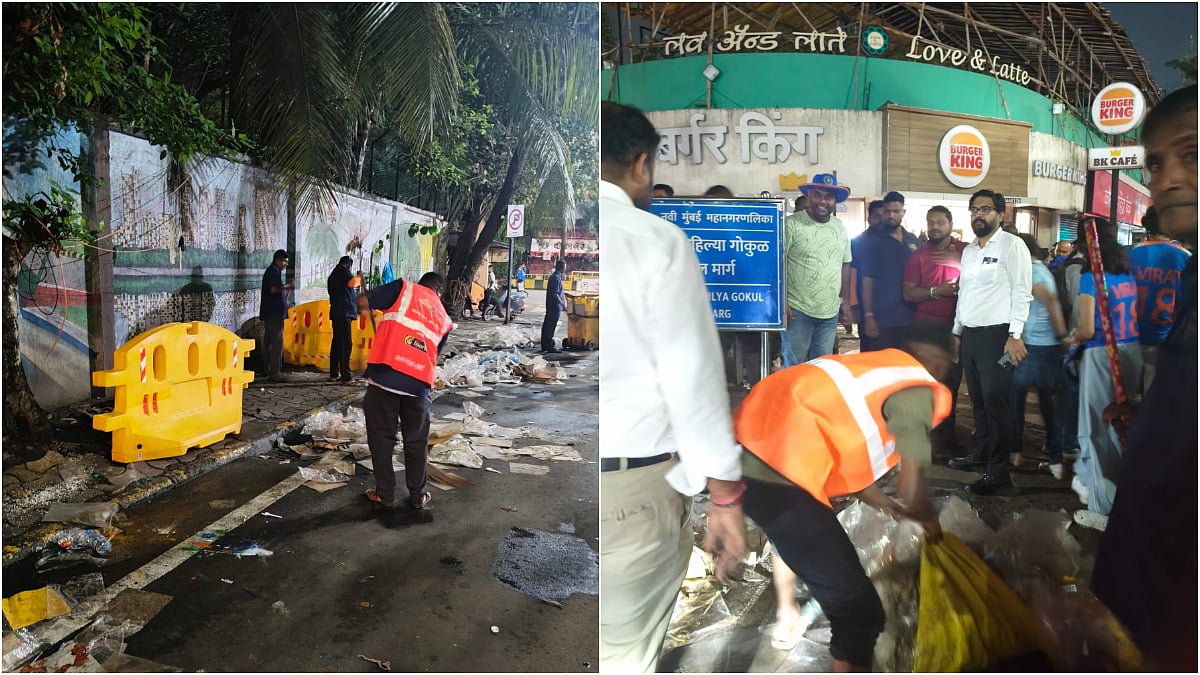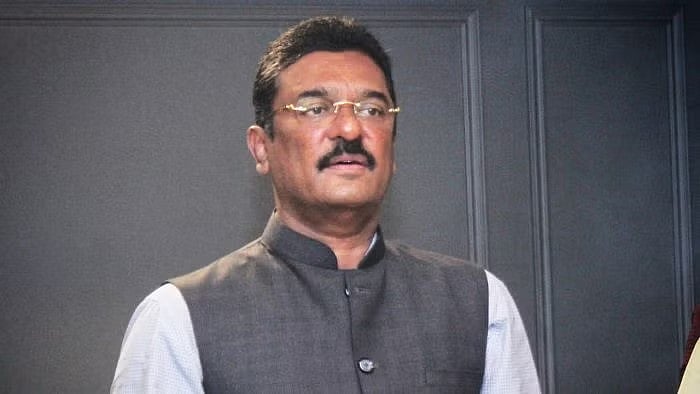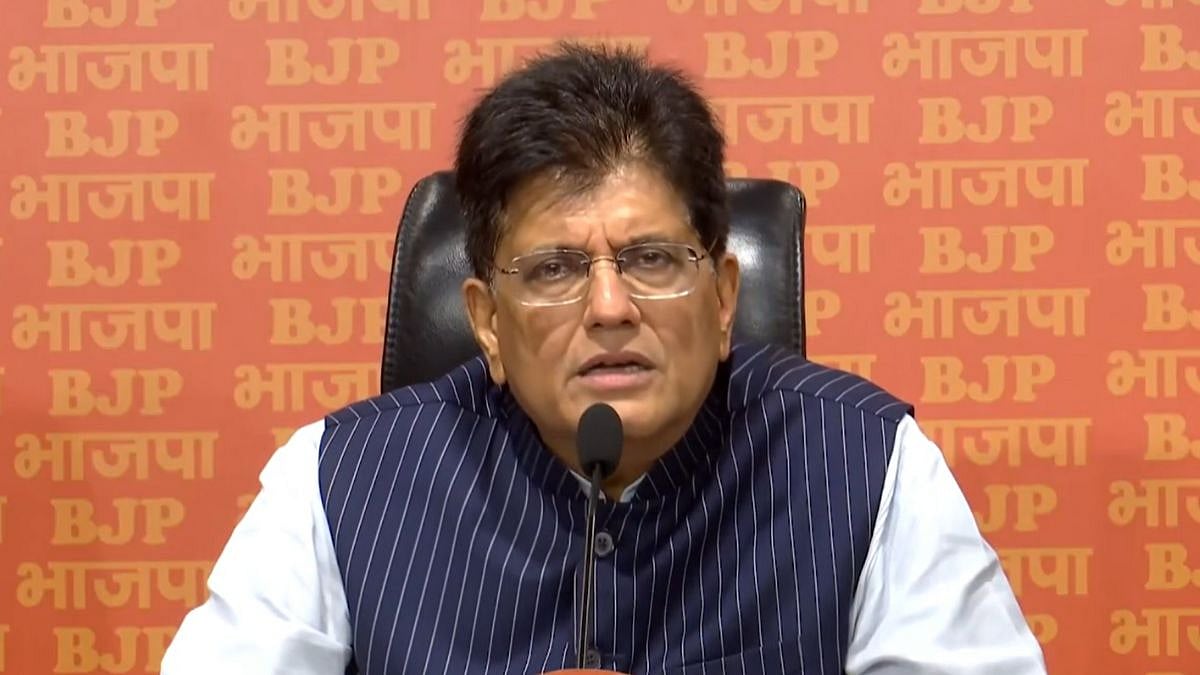Mumbai: Six months after Union Minister and Mumbai North MP Piyush Goyal announced a rejuvenation initiative for Malad’s lakes, the Brihanmumbai Municipal Corporation (BMC) has completed a comprehensive study of 10 lakes across Malad and Madh. The four-month study, which involved chemical testing, ecological surveys and site visits, has now set the stage for an extensive lake restoration project under a public-private partnership (PPP) model.
Piyush Goyal Announces Major Plan For Lakes
On Sunday, BMC officials presented their findings to Goyal, who stated that the lakes would soon undergo cleaning, desilting, and beautification. He said concerned agencies would require BMC’s approval for detailed proposals and donor funding, estimated at Rs 3 to 5 crore per project. The rejuvenation drive is part of a broader effort to restore local water bodies and enhance the environmental balance in suburban Mumbai.
Deputy Municipal Commissioner Kiran Dighavkar, as quoted by Times of India, said the study revealed stark contrasts in the condition of the lakes, pointing to the need for both ecological and social interventions. Some lakes displayed strong community engagement, while others suffered from pollution, neglect, and low public awareness.
For instance, Karjaidevi Talao in Manori showed moderate nutrient and coliform levels due to activities like utensil washing, swimming and Ganesh idol immersion. However, it also reflected high community participation. The study suggests low-cost greening, desilting, water sensors and minor civil work, with an estimated cost of Rs 1.5 crore.
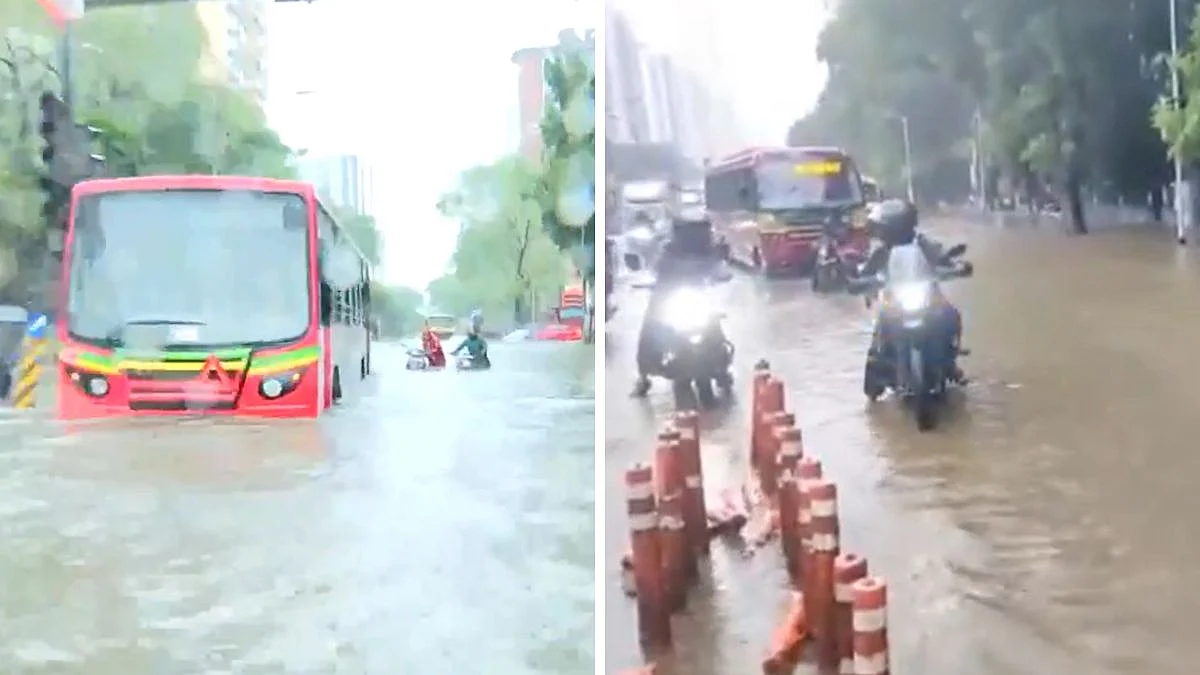
Kamal Talao on Marve Road, by contrast, was found to have high nutrient levels and sewage inflow. Recommendations include setting up a compact sewage treatment plant, redesigning the surrounding public space and engaging citizens through education and CSR initiatives. Its revival could cost around Rs 10 crore.
Other lakes, including Harbadevi Talao in Madh, were marked by neglect, littering and safety concerns, while Vanala Talao showed positive community use, especially among children. Ali Talao in Malwani was identified as a mosquito breeding hotspot with foul odour and minimal local involvement.
Also Watch:
Dharavli and Sumlai Talaos reflected varying levels of community awareness, while Khartale Talao showed limited stewardship. At Erangal Talao, the inflow of ritual waste from temple activities emerged as a major pollutant.
The project, jointly implemented by Project Mumbai and the BMC, received support from a private donor and was carried out by Studio Piplikup and SIES College. The findings now pave the way for Malad’s long-overdue lake revival mission, blending civic effort, citizen participation and corporate partnership.
To get details on exclusive and budget-friendly property deals in Mumbai & surrounding regions, do visit: https://budgetproperties.in/



